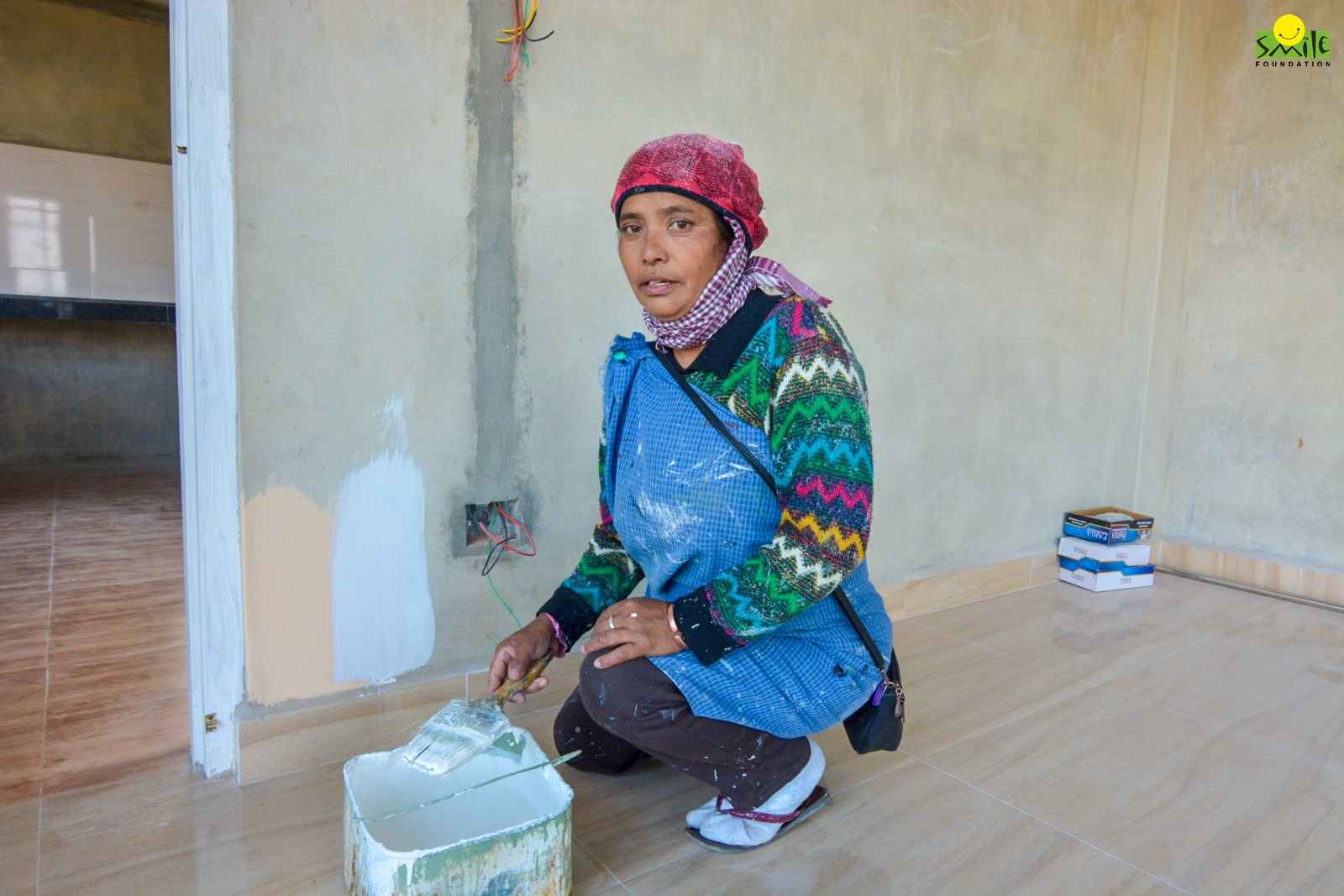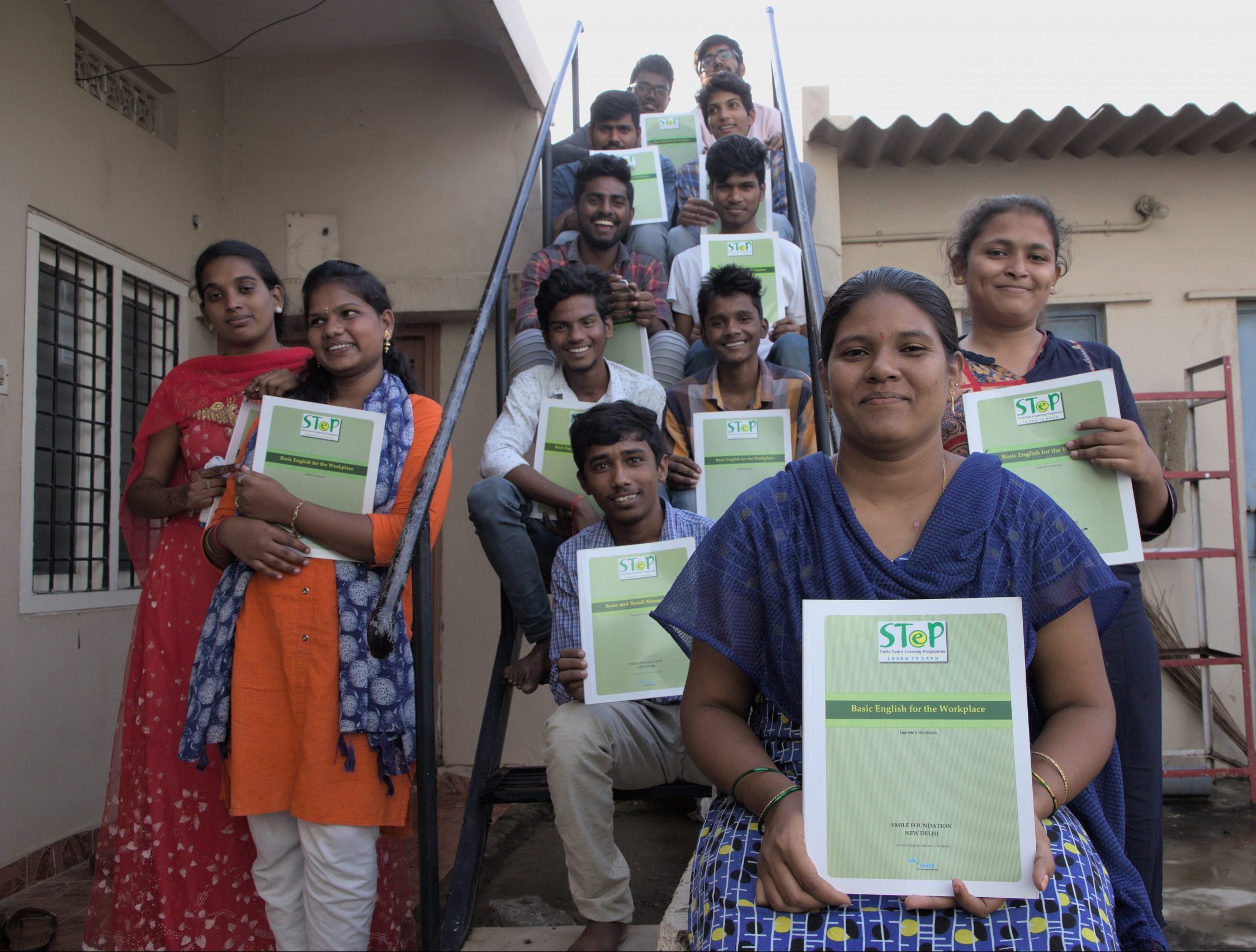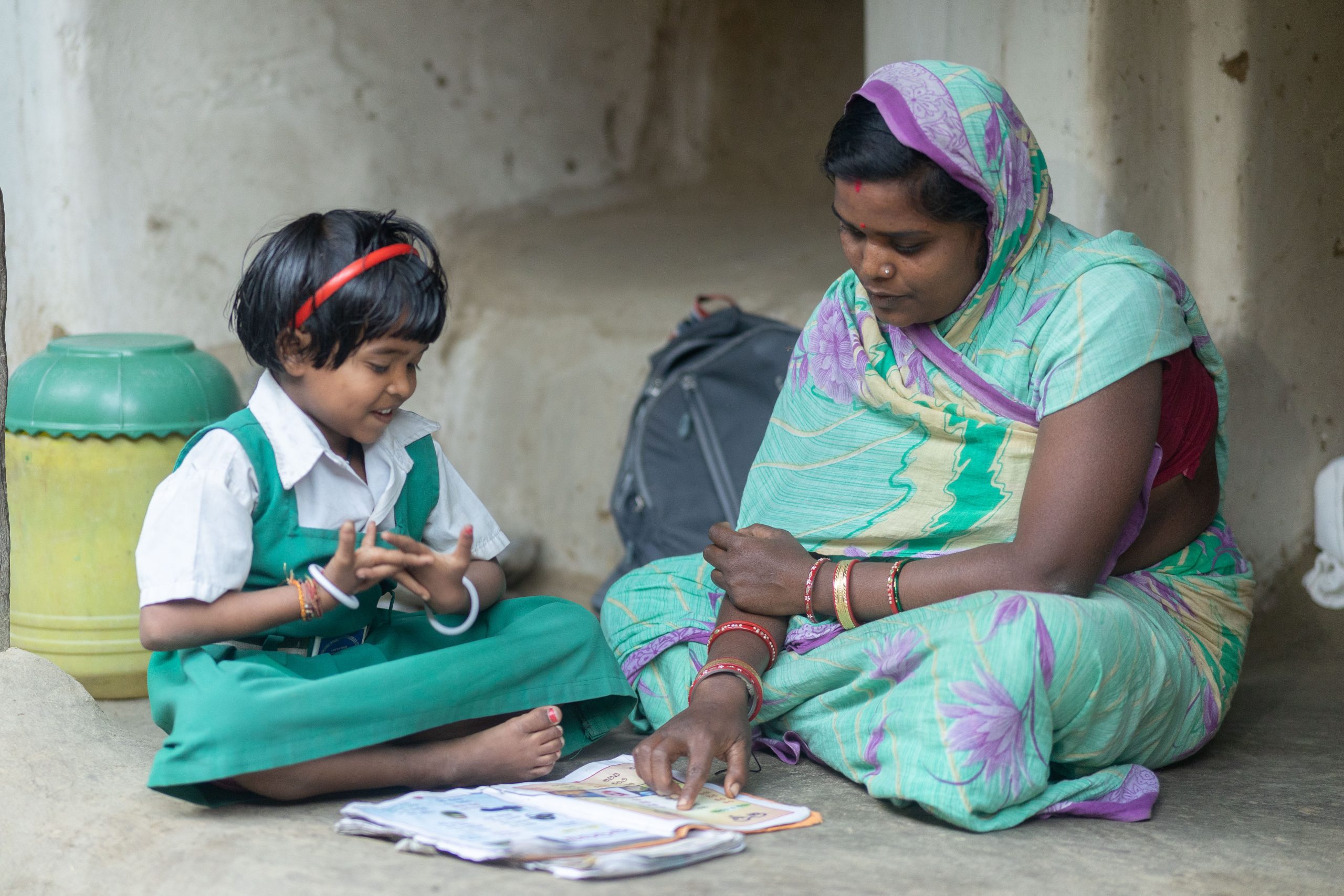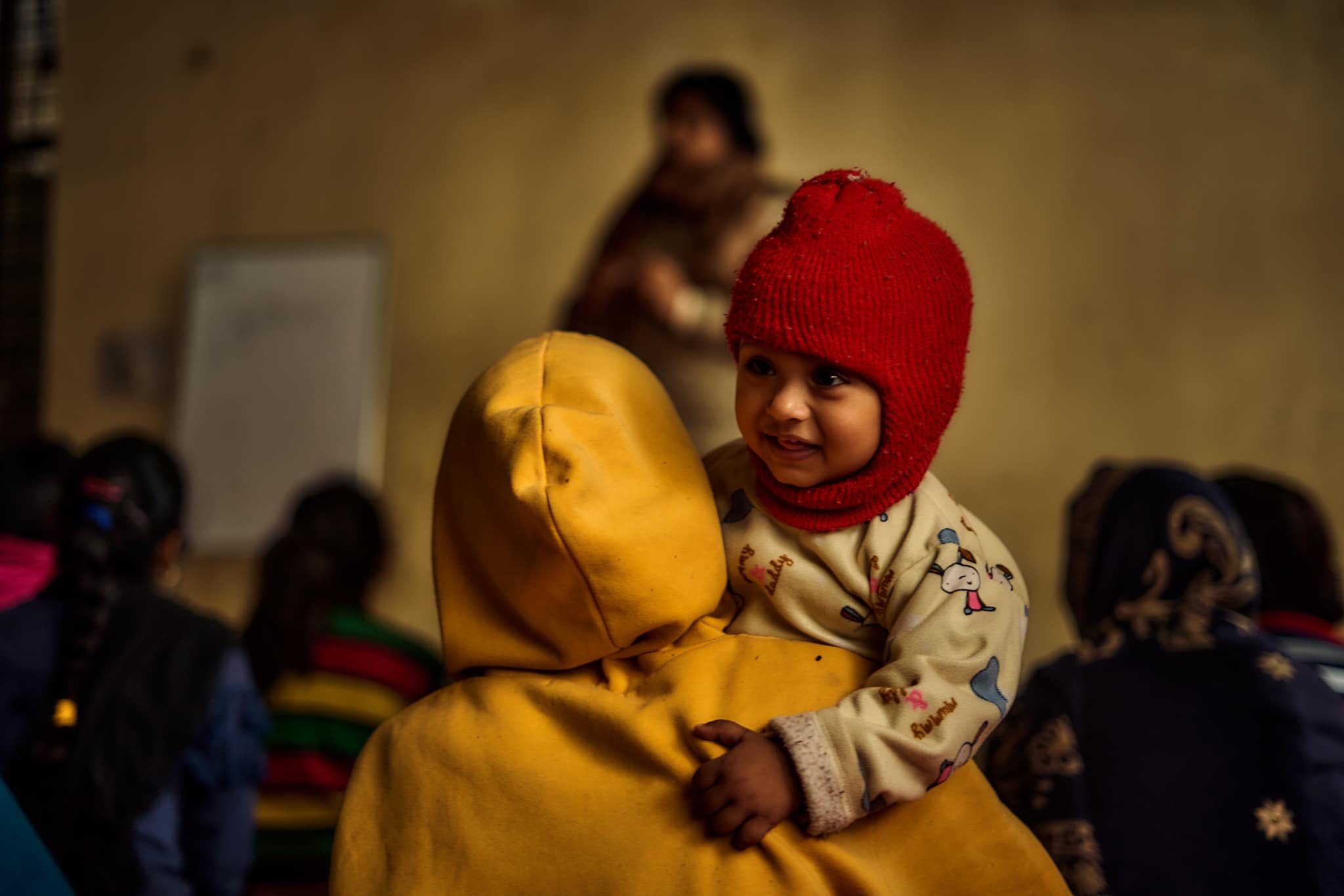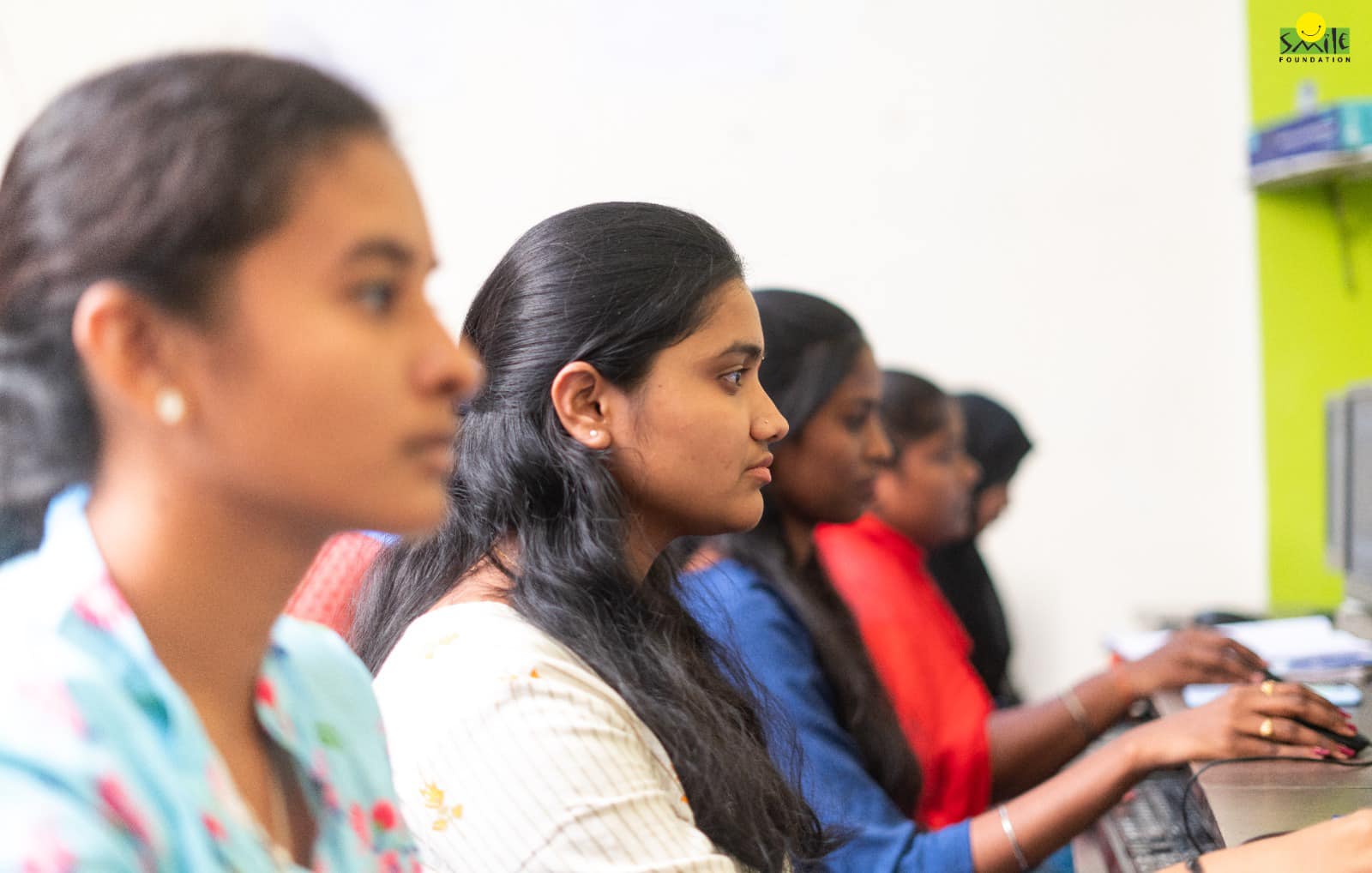Why Internet Safety Matters ?
There’s no getting around technology today. It is everywhere, from when you wake up till you rest your head at night. Children and youth have non-stop access to the internet, from smartphones to tablets to computers and even televisions, making internet safety for children a very real risk.
The lockdown restrictions due to COVID-19 in India resulted in the sudden closure of schools, with a shift from traditional teaching to the online mode. Due to online teaching, children who were earlier kept away from mobile phones and did not have much knowledge about internet use also started using the internet fearlessly on the pretext of online teaching.
We are all well aware of the dangers of internet if used carelessly and without full awareness. As the shift to online teaching was abrupt, the children were not prepared for the dos and don’ts of using the internet, putting them in a highly vulnerable situation.
As more children start using internet independently and without supervision, they are open to several internet safety risks which could impact their own as well as their family’s lives in an adverse way.
Internet Safety Risks for School-age Children
Content Risks
For school-going children these risks include things that they might find upsetting, disgusting or otherwise uncomfortable, if they come across them accidentally. This might include sexual content in games, pornography, images of cruelty to animals, and real or simulated violence.
Contact Risks
These risks include children coming into contact with people they don’t know or with adults posing as children online. For example, a child might be persuaded to share personal information with strangers, provide contact details after clicking on pop-up messages, or meet in person with someone they’ve met online.
Conduct Risks
These risks include children acting in ways that might hurt others, or being the victim of this kind of behaviour. For example, a child might destroy a game that a friend or sibling has created. Another conduct risk is accidentally making in-app purchases.
Contract Risks
These risks include children signing up to unfair contracts, terms or conditions that they aren’t aware of or don’t understand. For example, children might click a button that allows a business to send them inappropriate marketing messages or collect their personal or family data. Or children might use a toy, app or device with weak internet security, which leaves them open to identity theft or fraud.
Teaching your Children about Internet Safety
The intention isn’t to scare you or make you want to lock down all of your electronic devices. As previously mentioned, in today’s technology-driven world, children need to understand and use the internet. But, the key is to teach your children exactly how the internet works and how to explore the web safely.
Children are innately innocent creatures, full of trust and never expecting that someone could harm them. Therefore, when a potential predator initiates a conversation online, claiming to be a fellow 9-year-old, your child might believe them. This common occurrence is catfishing, when someone misrepresents themselves online to try and get something from someone else.
So, your kid proceeds to chat with this person, unwittingly providing them with critical personal information. Even more chilling, they can make this faceless person privy to their whereabouts, ultimately leading to a potential abduction.
These things happen, but your children aren’t going to know they exist if you don’t talk to them about it. Therefore, the first step in keeping your children safe on the internet is to educate them about the possible risks. Set up some ground rules with your children about what they can and can’t do on the internet.
Signs your Child might be Facing Cyber Threats/Risk
Here are a few signs to look out for that your child might be a victim of cyberbullying:
- Your child doesn’t want to talk to you about what they do online
- After spending time on a computer, tablet, or phone, your child seems stressed or upset
- When your child gets a text or some other type of online message, they suddenly seem nervous
- Your child abruptly closes their tablet or puts down their phone while using it and walks away
- You notice behavioural changes in your child, such as not sleeping well, loss of appetite, or feeling depressed
- Your child could experience physical problems like headaches or an upset stomach
- You notice your child doesn’t want to hang out with their friends anymore or go to school
Protecting children from internet safety risks
Trust between you and your child helps keep your child safe online. Calm, open conversations about internet use can help your child feel that you trust them to be responsible online. And if your child feels trusted, they’re more likely to talk with you about what they do online and tell you about online content and contacts that worry them.
If you believe your child is facing cyber risk/threat, talk to them and encourage them to gather evidence. Take screenshots, save messages, and so on.
If the risk/threats includes bullying, threatening messages or any other suggested criminal activity, alert the police. Consider bringing your child to a counsellor to help them deal with the issue. Finally, let your child know you are always there for them if and when they need you.
In addition to making your children aware of the potential risks of internet use, it’s a good idea to put some practical protections in place. Set up parental controls and passwords that only allow your children to access certain websites.
When applicable, use the kid versions of messaging platforms. For example, Facebook has a Messenger Children that features more parental controls and links your kid’s chats to you. Therefore, whenever they receive or send a message, you see it.
To keep your children safe online, you also need to educate yourself. Know how predators try to find and contact their victims (it’s often through chat rooms).
On your internet settings, go to the Privacy & Security page and carefully read through every section. You can choose what information various sites have access to. For example, you can deactivate your web camera and microphone, and deny sites from knowing your location or sending notifications.
Conclusion
When we make our children aware about internet risks and take some practical internet safety precautions, we protect our children from potentially harmful or inappropriate content and activities. And our children get to make the most of their online experience, with its potential for learning, exploring, being creative and connecting with others.




